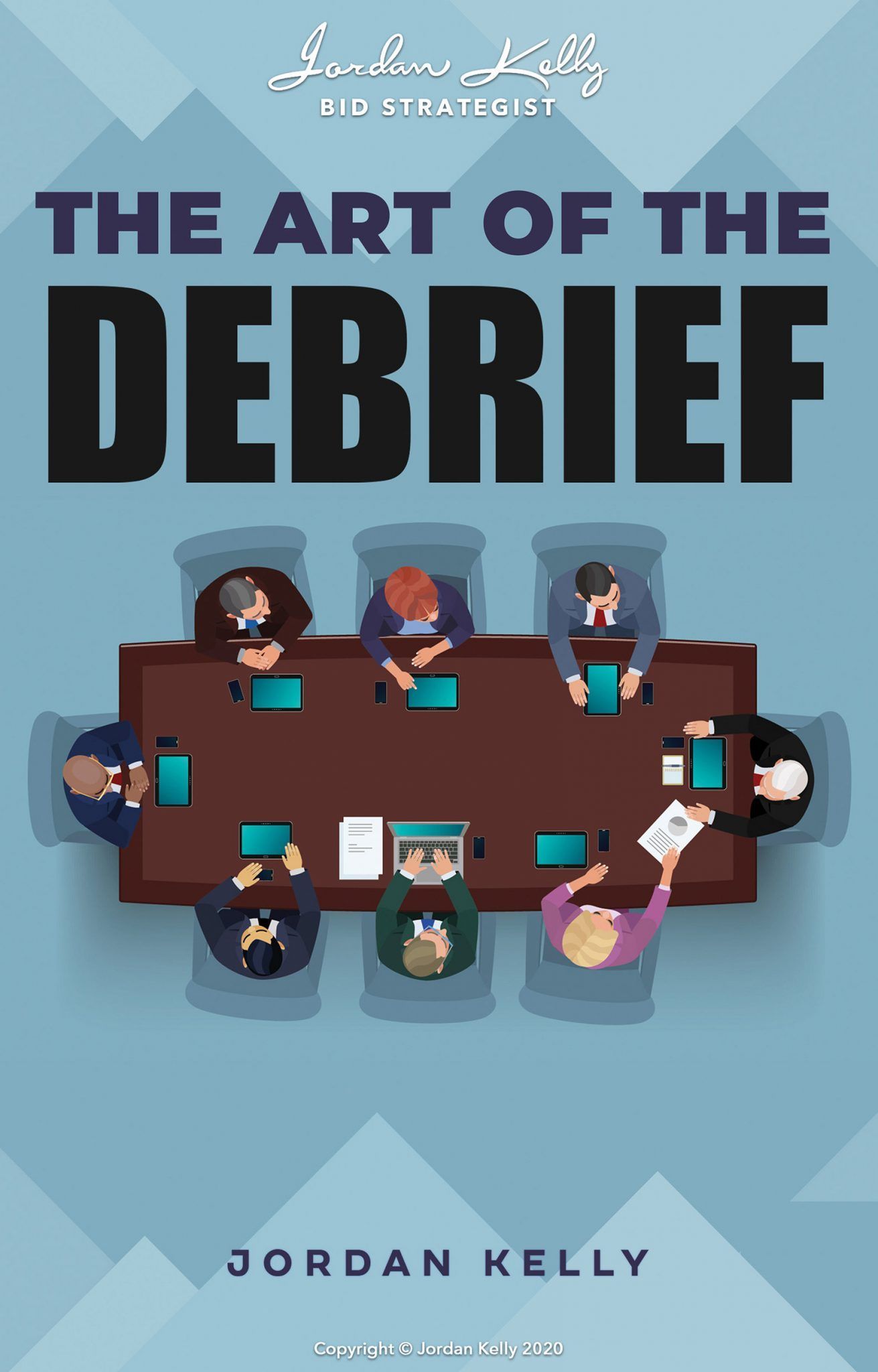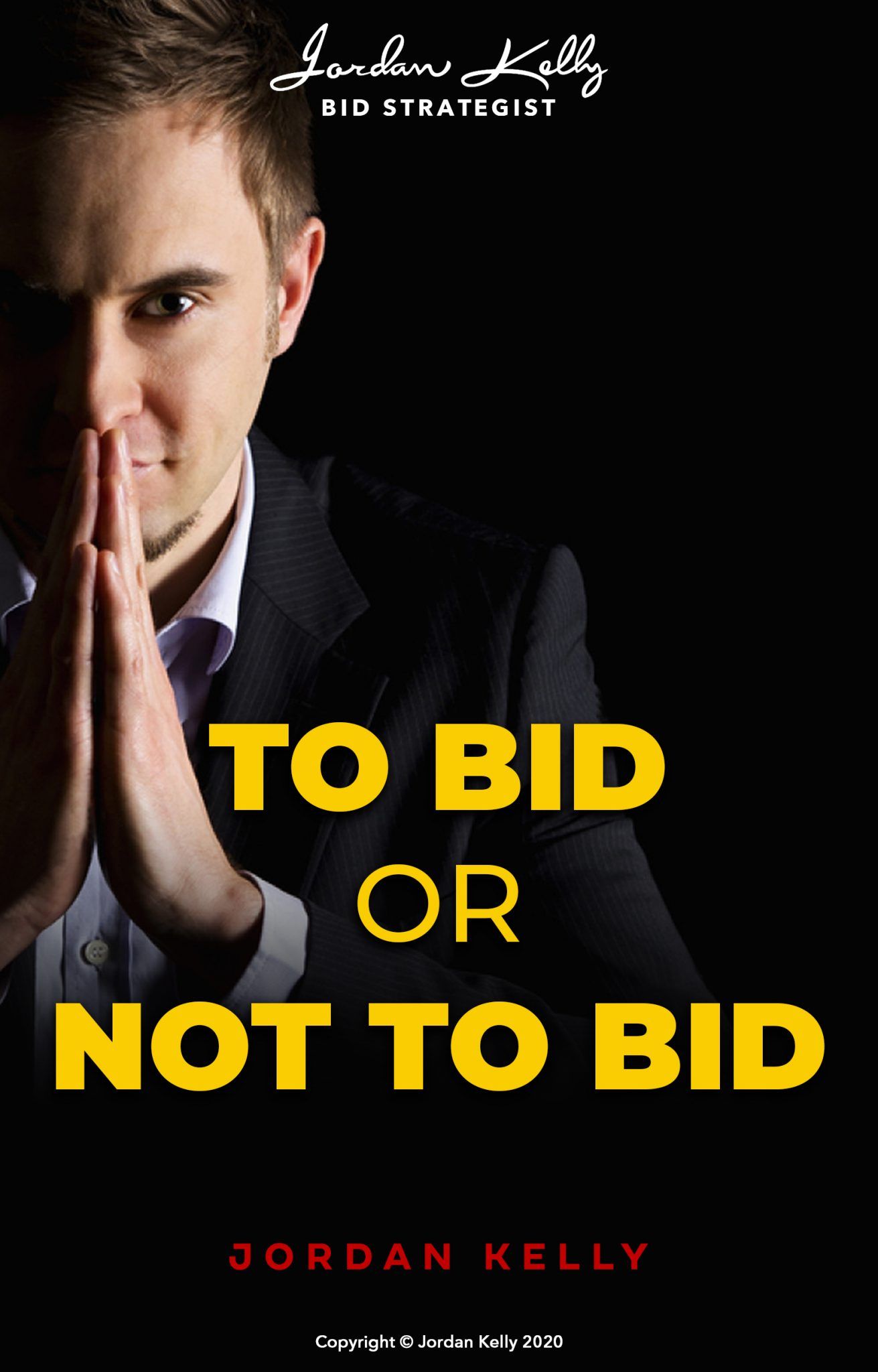CATEGORIES:

Clearly, the rise of any CEO to the top of his or her organisation has required the application of a multi-factorial formula on his or her part.
Over the years, however, I’ve made this constant observation:
The majority of those who have worked their way to the helm of a major corporation or other substantial enterprise, who have stayed there for a long time, and who have received the (sustained) respect of all stakeholder groups, have demonstrated three crucial character traits.
These character traits are (1) humility (and, based on that humility, an open-mindedness), (2) exceptional listening skills, and (3) integrity.
The constancy of this equation was hammered home to me recently, when I returned to Australia and took time to re-new old contacts and make a few new ones.
Interestingly, in my first month or so of activity, I was invited to three meetings with the heads of three very large organisations – two of them publicly-listed, household names and the other a family-owned but substantial global interest.
I was also invited to another three meetings – these ones with mid-level executives / personnel. Two of these invitees worked for similarly large companies as those the above-mentioned CEOs headed, and the third worked for a vibrant mid-tier organisation.
I’d like to compare for you my experiences with each of these two groups . . . and let you make your own judgements as to why the group that made it to the top, did so.
Integrity
Each of the three appointments with the CEOs (each of whom were known to me, to one degree or another) ran similarly: I was shown into either their office or the boardroom at the precise moment of the meeting’s scheduled commencement time. I was offered a refreshment. Their desk/table was cleared of all paperwork.
Their total focus was on me, and mine on them. (And not a mobile phone in sight.)
I’d like to also note that there had been no re-scheduling of these appointments before they took place; the meeting dates were set and honoured without change – despite the fact that these executives each have hectic schedules, presiding over broad geographic territories and traveling frequently.
Listening & Humility Are the Same Thing
During these meetings, we engaged in a discussion during which the spoken word count between each party was – over the course of the meeting – largely in balance. One spoke, the other listened . . . intently. The other . . . having deeply considered what the first had just said . . . then spoke, with direct reference to what the first speaker had shared.
Now, in a new-business meeting (whether with an established contact or someone new), I’m always mentally prepared with an end goal for the knowledge I want to come away with, so that – no matter what twists and turns the conversation takes – I’ll always achieve, as a minimum, the basic understanding I sought to achieve. This generally means I’m intending to do a lot less speaking than the person I’m meeting with.
Ironically, the fact that I’m sitting across the table from a great listener, with a humble attitude and an open mind, who’s prepared to discuss what he sees as his organisation’s opportunities / potential for improvement (as was the case in each of these three meetings), will pull us both into a conversation where that spoken word count is similar. And we can both afford for it to be so.
In summary, those discussions were mutually productive and worth both parties’ time.
Now, let’s compare the above meetings with CEOs to the meetings / luncheons to which I was invited by the three mid-level operatives, below.
Invitee No. 1:
A colleague I’d worked with at his previous organisation called me in to meet with himself and his two new colleagues. When I arrived for that meeting he wasn’t there, so I met with his colleagues.
For 55 minutes of the allotted one-hour timeframe, I sat and listened to one of these two operatives boast about the quality of his bid team and its infallible, no-room-for-improvement outputs.
I used the last five minutes to try to determine exactly why I’d been called in to meet with them. That reason remains unclear.
(NB: When I hear this type of “no-room-for-improvement” wind-bagging, it immediately flags to me the fabulous opportunity that person’s industry competitors have in terms of competitive advantage – should those competing enterprises choose to avail themselves of it. In this particular meeting, this chap had provided a glowing self-assessment of his organisation’s superior abilities over each of its competitors. Since he arrogantly perceived that he had absolutely nothing to learn from me, I was more than happy to bank the intel I was scooping up from his bragging, in the event that any of his competitors sought out my services in the future.)
Invitee No. 2:
This chap suggested we partake of a lunch meeting. He re-scheduled twice. On the third attempt he didn’t bother to reschedule. He just didn’t turn up.
When I called him from the restaurant to which he’d directed me to go, he said he’d left a message at my office an hour beforehand, as he didn’t have my mobile phone number.
Invitee No. 3:
This individual operated in exactly the same manner.
Like Invitee No. 2, she had also suggested an out-of-office pseudo-social environment - and had sent me directions as to where to meet her.
She didn’t turn up, either. I returned to my office that afternoon to find a lame email from her. She never even bothered to phone to apologise nor, as it turned out, had she made any real attempt to cut short my fruitless and embarrassing 20-minute wait for her at the venue she’d directed me to.
The Moral of the Story
Taken at surface value, this may appear to have little or nothing to do with bids or business development. Yet, at a deeper level, it has everything to do with them.
Here’s why:
Stop to consider for a moment, the difference to an organisation’s new-business and bidding performance if those three CEOs had been working in those functions within their respective organisations. Think of the integrity, reliability and ease with which their bid teams would have functioned, the results that would have been demanded of them . . . and more than likely, achieved.
But that doesn’t happen, see. Those higher integrity individuals are programmed differently, so they don’t stay at those levels. They rise like cream through the ranks – and leave too many people wondering how they did it.
Well, by my observation, that is how they did it – or, at the least, it was a primary part of their in-built formula.
Let me, therefore, come back to bidding and leave you with this assertion: If the qualities of these CEOs and their ilk could be deeply instilled in more of their own personnel, their organisations’ performance levels in the new-business acquisition arena would take a sharp turn in a northerly direction.
TO BID OR NOT TO BID
(Training Program)
The real value of a thorough and well thought-out bid/no bid decision analysis – whether highly structured or less so – results from asking the right questions (in a logically-progressing order) and seeking out well-researched answers.
It's a customised, deep-thinking process during which a valuable perspective of the client and the opportunity is built. When that is followed by a realistic self-analysis, the framework is in place for making a genuinely strategic, properly informed decision.
THE ART OF THE DEBRIEF

(Training Program)
The key to getting the best value from any de-briefing session is to plan carefully, in order to extract every possible clue from the process . . . and to ensure the permanent incorporation of those insights into future bidding processes.
A two-module learning experience that can be delivered in real-time, as your team prepares for their participation in any especially important debriefing session.



